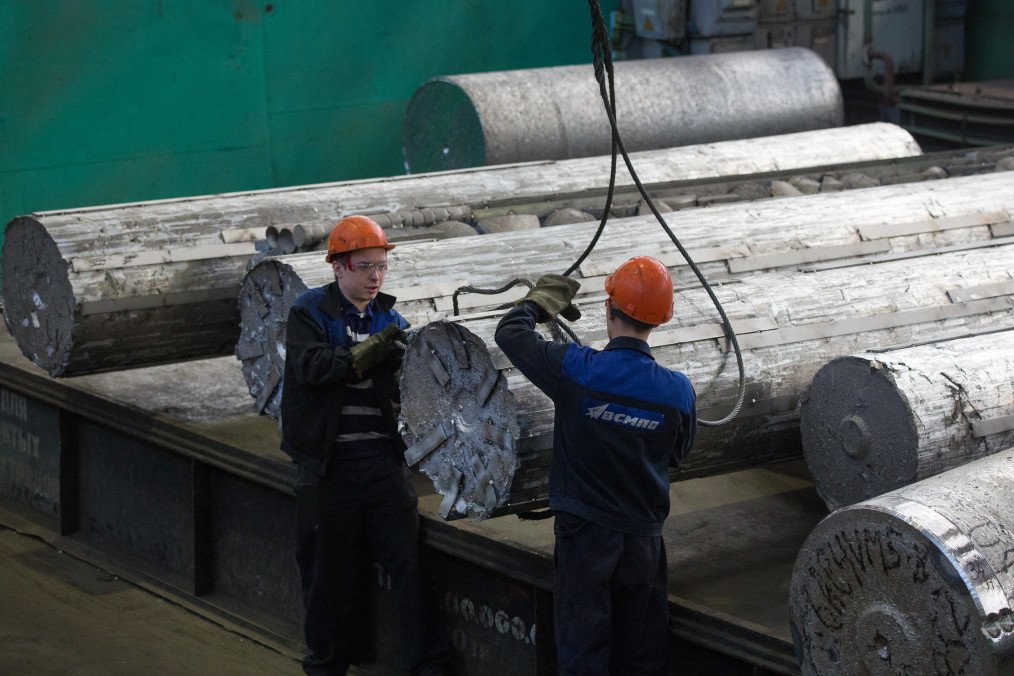The European Union is preparing to impose restrictions on importing Russian liquefied natural gas (LNG) and aluminum, as part of its 16th sanctions package against Russia for its war in Ukraine, Bloomberg reported on January 15.
The proposed measures will target dozens of additional vessels from Moscow’s shadow fleet of tankers transporting Russian oil and impose stricter export controls on goods used for military purposes. The plan also includes cutting more banks off from the SWIFT international payment system, according to sources who spoke on condition of anonymity.
Media sources report that aluminum restrictions will be introduced gradually, though the timeline and scale remain undecided.
The move to phase out LNG imports could either be enacted as a sanction or incorporated into a roadmap the EU’s executive body plans to unveil next month. The draft proposals are currently under discussion among EU member states and may be revised before their official release.
Some officials argue that sanctions on Russian pipeline gas are unrealistic due to the reliance of countries like Hungary and Slovakia on Gazprom’s supplies. However, a ban on LNG imports, which hit record levels last year, seems more achievable. According to Bloomberg sources, the three largest importers of Russian LNG, Spain, Belgium, and France, are unlikely to oppose punitive measures against Russia.
The EU plans to adopt its 16th sanctions package against Russia on February 24, marking the third anniversary of Russia’s full-scale invasion of Ukraine.
On January 10, the Biden administration unveiled its most extensive sanctions package to date, targeting Russia’s energy sector, including oil and liquefied natural gas sectors. Officials said these measures could cost its economy billions of dollars per month.
-f88628fa403b11af0b72ec7b062ce954.jpeg)


-c439b7bd9030ecf9d5a4287dc361ba31.jpg)

-111f0e5095e02c02446ffed57bfb0ab1.jpeg)

